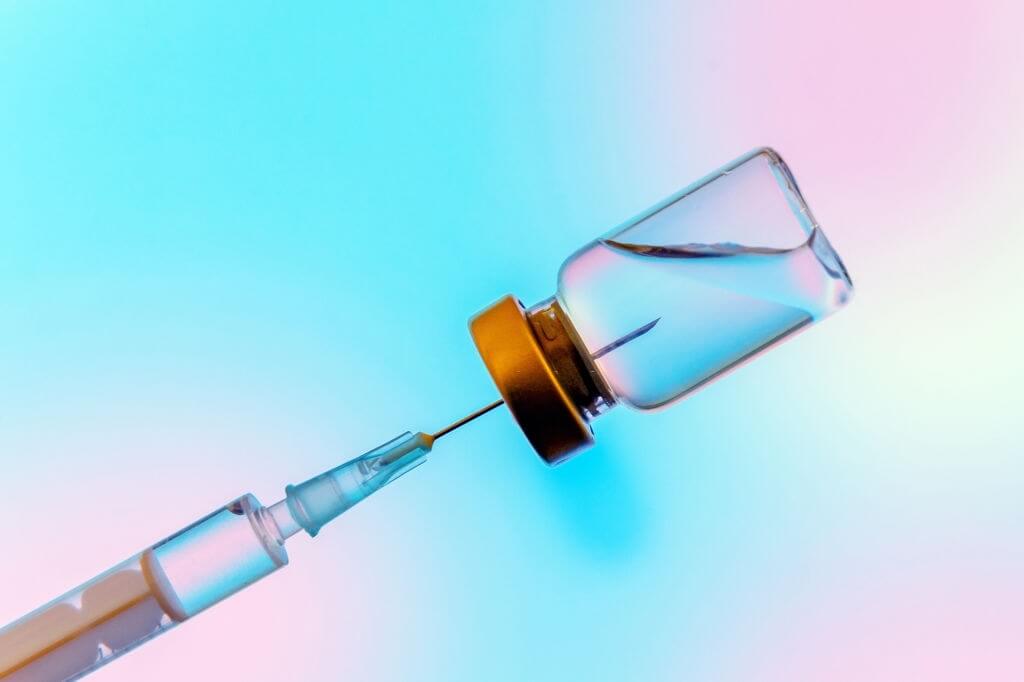In a new study, researchers found that more than half of patients with blood cancer who were double-vaccinated are at risk against COVID-19.
According to data from 159 participants in the SOAP-02 trial, 128 of whom were cancer patients, there was an improvement in immune function afterward after a delayed Pfizer vaccine booster. The study was published today in Cancer Cell.
Patients With Blood Cancer Who Were Double-Vaccinated Had Poor Immune Responses
The spread of Coronavirus has created serious health issues among people, and many of them have lost their lives due to infection in the lungs and multi-organ failure. Looking at the infection severity and effect of the virus, those who are with poor immunity can be easy victims of the same. People with blood cancer already suffer from low immunity.

Hence, they were recommended to have extra doses of the vaccine, but in a recent survey, it has been seen that such extra doses also made no difference to their probabilities of infection.
In spite of increased seroconversion rates following the second dose due to a dip in antibodies to SARS-CoV-2 in patients with blood cancer. 55% of those double-vaccinated did not mount an immune response to the SARS-CoV-2 spike.
Patients with blood cancer remain at risk from COVID-19, according to the data. Due to the lack of vaccine-mediated protection, the authors argue that the study underscores the need to maintain public health measures to limit SARS-CoV-2 transmission and the urgency of a booster program, particularly at a time when two levels of virus are being transmitted in the UK.
In addition to those with solid cancers, such as those with breast, urological or skin cancers, only 38% of patients showed seroconversion to a single dose. These patients, however, have shown strong responses to a second vaccine dose within two weeks or 11 weeks, unlike their blood cancer counterparts.
This study suggests that the immune response developed by cancer patients was not improved by delaying the second vaccination. Previous studies suggested that delaying the second vaccination improved the immune response in healthy controls.
Delaying the second vaccine dose would therefore extend the time period during which cancer patients as a whole are at risk because the study finds the first dose of vaccine was poorly received by patients with solid tumors.
In the SOAP-02 trial, carried out by cancer researchers at the Francis Crick Institute and King’s College London, responses of 158 patients were evaluated after completing the 2-dose COVID-19 Pfizer-BioNTech SARS-CoV-2 vaccination schedule. As a result of the delayed second dose of the vaccine, antibodies were produced, and their function was examined.
According to the rates of patients who achieved both seroconversion and good T cell responses, blood cancer patients had a very unfavorable situation, with only 35% achieving antibody responses and >87% of healthy controls achieving T cell responses.
Researchers recommend that masks continue to be worn by people, that public transportation is distancing, and that school-age children who might come into contact with blood cancer patients or others at high risk be vaccinated.
Dr. SheebaIrshad, a senior medical professor at King’s College London, who led the study, stated, “COVID-19 immunizations are very efficacious and useful for the vast majority of the population, and yet individuals with mild to severe body immune compromise really aren’t totally protected just after recommended dosage or even after both dose levels.
As a result, masks as well as other COVID-19 safety precautions, are still required for sick people, especially those with hematologic malignancies. It is also critical that our patients accept the offer of an extra dose of COVID-19 immunization as part of the ongoing main immunization series.”